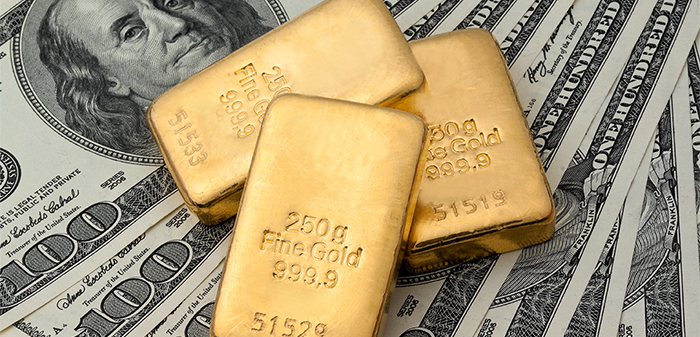On Sunday, centrist candidate Emmanuel Macron turned back right-wing challenger Marine Le Pen to win the French presidential election … now the real work begins.
Macron’s victory over the anti-EU candidate wasn’t much of a surprise. After all, he enjoyed a large and growing lead over Le Pen in the run-up to the vote, so the outcome was largely as expected.
It was also no surprise to me when the euro sold off overnight Sunday on the news while the dollar strengthened, just as our Edelson Wave cycles correctly forecast. It was a classic sell-the-news reaction.
In fact, the euro rallied into the election as support for Le Pen steadily eroded. It’s ironic that the euro-USD rate traded up through the 1.10 mark – a seven-month high – just as voters went to the polls, then sold off sharply from those levels in the aftermath. Here’s why…
Macron billed himself as the middle-of-the-road candidate in a field full of extremists. He claimed to be a political outsider who promised to unite France with a new kind of politics. Does that sound familiar?
The truth is, he’s got his work cut out for him if he expects to lead an increasingly fractured nation. In his victory speech, Macron declared: “I will fight with all my strength against the divisions that are undermining us…”
Well, he’ll need to muster every ounce of his strength to prove that his one-year-old political party can even win a majority in the French legislative elections coming up next month. Good luck with that …
That’s because this election revealed growing fault lines among the French electorate as millions of voters fled traditional parties for candidates on the extreme left and on the far right. And it’s easy to see why.
As in so many other Western socialist democracies, the people of France are fed up.
 As you can see in the graph above, French government spending accounts for a staggering 57% of GDP, the most of any major developed economy!
As you can see in the graph above, French government spending accounts for a staggering 57% of GDP, the most of any major developed economy!
Everyone can see that France can’t sustain its social-welfare model, but they don’t know exactly what to do about it. And entrenched interests run deep, thwarting every attempt at real reform.
The French are also fed up with losing their jobs to EU nations that boast lower labor costs (Ireland, Poland). France’s youth unemployment rate is 24%! But powerful labor unions still resist cutting their lavish benefits, including the coveted 35-hour work week and up to 10 weeks paid vacation.
But mostly, the French are fed up with being told what to do by EU bureaucrats in Brussels, just like every other EU nation, and not unlike the way U.S. states are fed up with being told what to do by Washington, D.C.
All this means that, while France may remain in the EU a bit longer as a result of this election, the handwriting is on the wall. French politics has become fertile ground for future radical candidates, while the traditional mainstream parties shrink in importance. This means more polarization among the French electorate, more volatility in election outcomes and policies, and less-effective governance.
The outcome in France is right on cue with my colleague Larry Edelson’s forecasts that the EU will break apart, and the euro currency is doomed. It’s only a matter of time. The best way to profit from it is to short the euro, which will soon reach parity – or lower – versus the buck. Or, easier still, buy into the U.S. Dollar Index Spot (DXY), since 58% of its value is relative to the euro!
Good investing,
Mike Burnick


